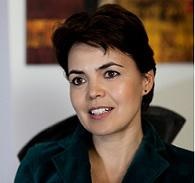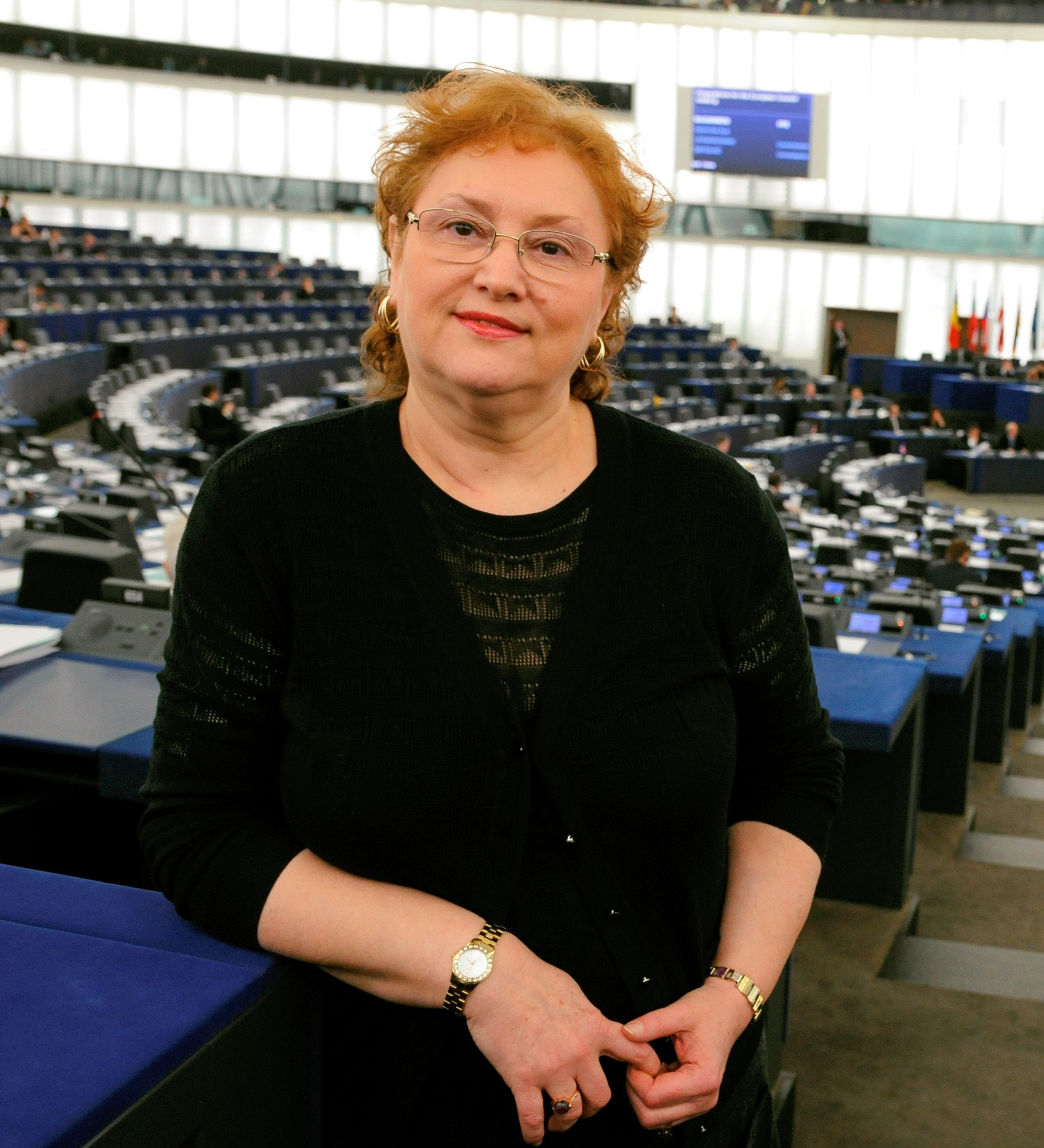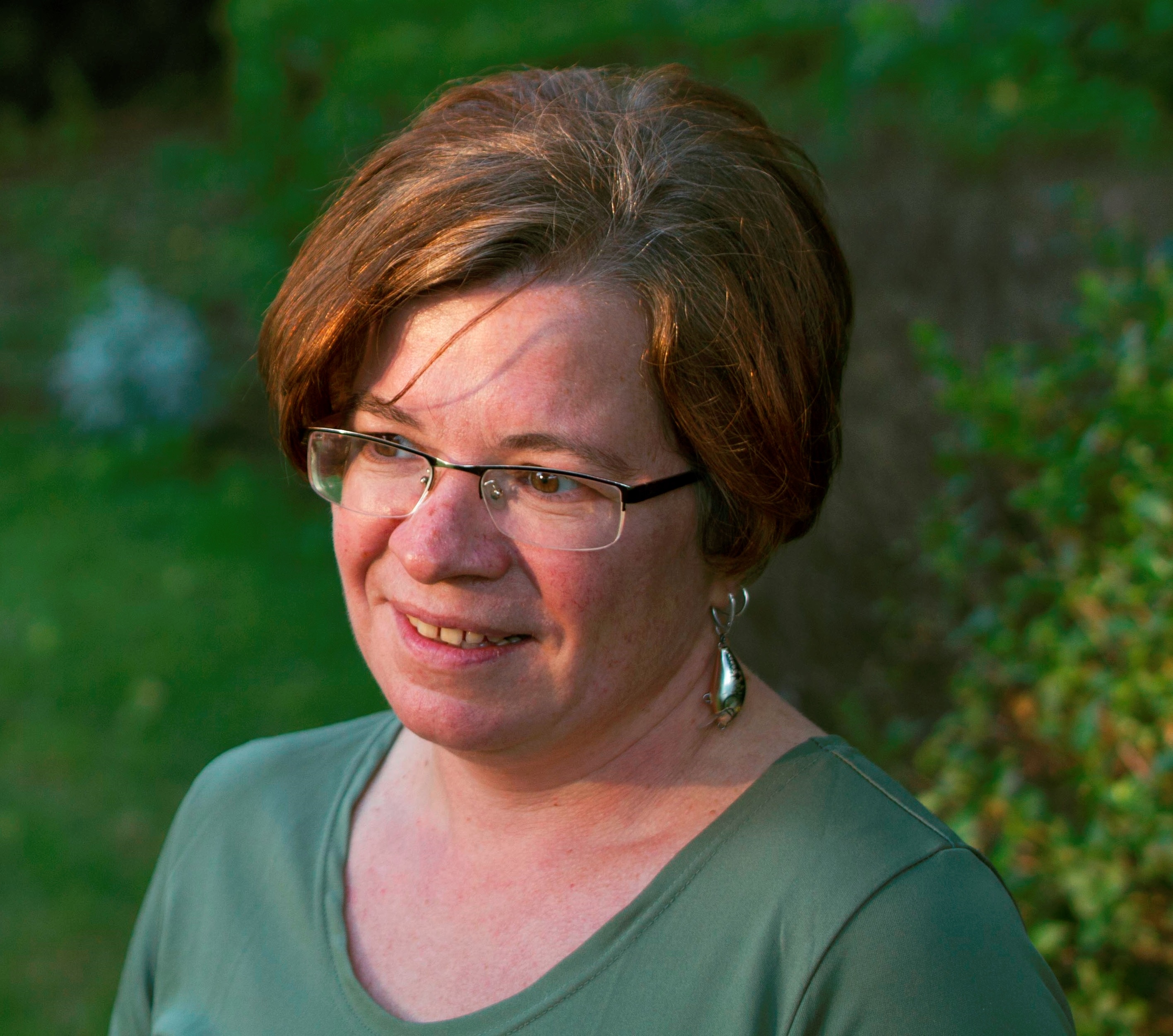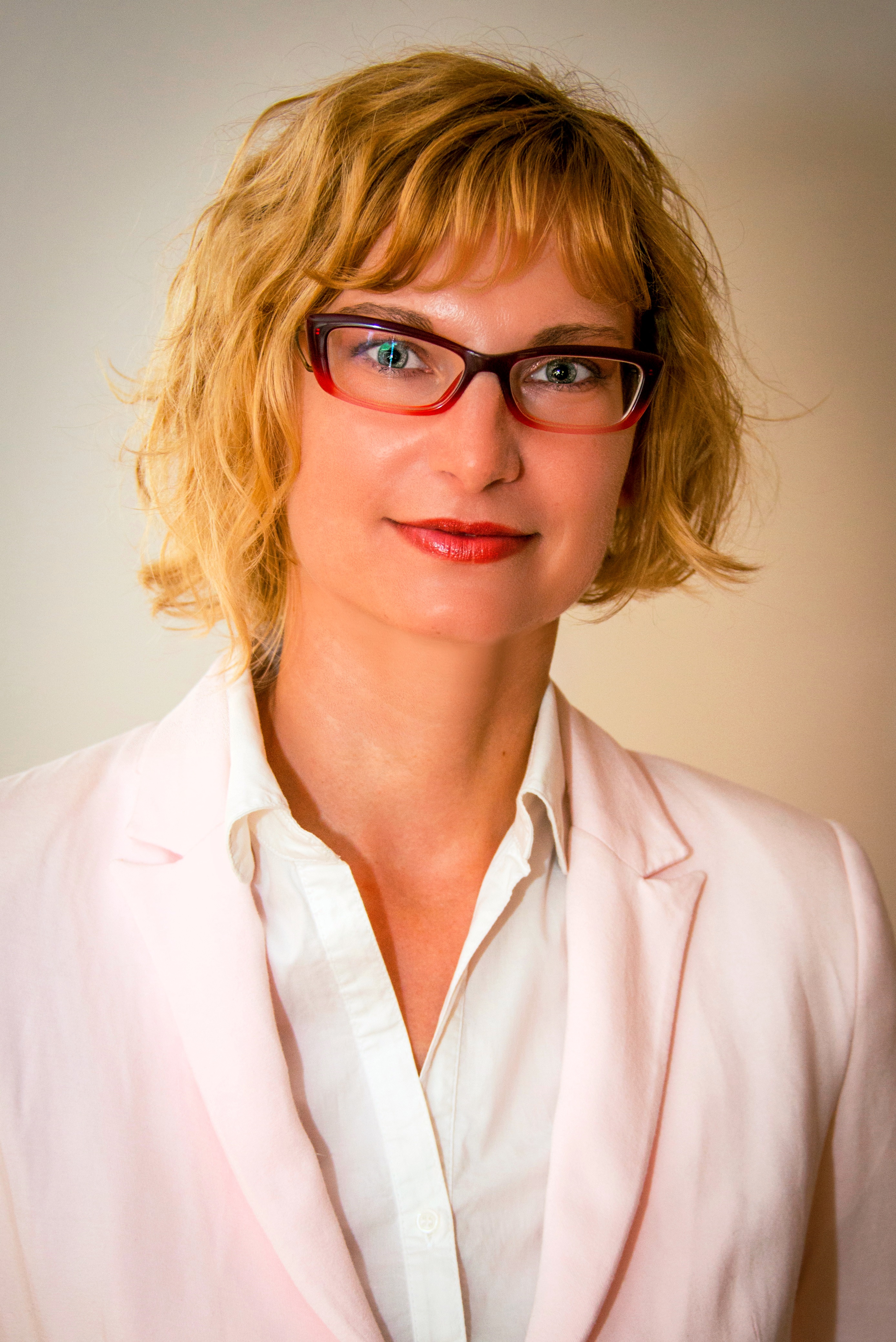Checks and Balances: the EU Leverage
While the political conditionalities prior to the accession of new member states to the EU have produced major reform steps, for many observers it has become clear that progress is reversible. Once inside the EU, many governments lost the incentive to continue reforms in key areas, particularly in the fields of justice and rule of law. Domestic checks and balances are still weak, while the resistance of the system is increasing. The roundtable explores whether the EU layer of governance provides the needed leverage to balance the reversal of the democratization process in member states. It focuses on identifying the most effective mechanisms for which CSOs should advocate at EU level.
Speakers:
Angela Filote, Head of EC Representation in Bucharest (EU)
 Angela Filote is the Head of EU Representation in Romania. With over 20 years' experience in corporate communication management, she has worked in Romania, Turkey and Egypt. In 1993, Angela Filote was recruited to set up the press and information team in the European Commission's new diplomatic representation in Romania. In 2006 she moved to Ankara, Turkey where she used her experience of the EU (pre)accession process to manage the EU Delegation's main communication projects. She then worked as Deputy Head of the EU Delegation in Egypt. Since 2011, Angela Filote has been working in the Commission's Directorate-General for Agriculture and Rural Development where she has been mainly responsible for communicating on the Common Agricultural Policy.
Angela Filote is the Head of EU Representation in Romania. With over 20 years' experience in corporate communication management, she has worked in Romania, Turkey and Egypt. In 1993, Angela Filote was recruited to set up the press and information team in the European Commission's new diplomatic representation in Romania. In 2006 she moved to Ankara, Turkey where she used her experience of the EU (pre)accession process to manage the EU Delegation's main communication projects. She then worked as Deputy Head of the EU Delegation in Egypt. Since 2011, Angela Filote has been working in the Commission's Directorate-General for Agriculture and Rural Development where she has been mainly responsible for communicating on the Common Agricultural Policy.
Renate Weber, Member of the European Parliament (RO)
 Renate Weber is a Romanian lawyer and an elected deputy in the European Parliament since 2007. She is a member of the National Liberal Party (PNL) in Romania, which is part of the EPP Group (Group of the European People's Party). Renate Weber brought to the European Parliament her valuable expertise in human rights and civil liberties issues, gathered throughout many years of work in civil society organizations. She currently sits as a full member on the Employment and Social Affairs Committee (EMPL), and also holds membership of Committee on Petitions (PETI). Based on the previous experience with other committees as full member she is a strong voice on topics relating to Schengen area, asylum and migration, fighting terrorism and trans-border crime, data protection, mass-media standards, human rights and civil liberties protection across the EU and the world.
Renate Weber is a Romanian lawyer and an elected deputy in the European Parliament since 2007. She is a member of the National Liberal Party (PNL) in Romania, which is part of the EPP Group (Group of the European People's Party). Renate Weber brought to the European Parliament her valuable expertise in human rights and civil liberties issues, gathered throughout many years of work in civil society organizations. She currently sits as a full member on the Employment and Social Affairs Committee (EMPL), and also holds membership of Committee on Petitions (PETI). Based on the previous experience with other committees as full member she is a strong voice on topics relating to Schengen area, asylum and migration, fighting terrorism and trans-border crime, data protection, mass-media standards, human rights and civil liberties protection across the EU and the world.
Veronika Móra, Director of the Ökotárs Foundation (HU)
 Veronika Móra has been working with the Hungarian Environmental Foundation (HEPF) since 1997 and holds the position of the director since 2007. With HEPF and earlier, she has been working on a variety of issues related to ecological consumption, gene technologies and public participation. Since 2003 she has been leading HEPF’s Civil Partner program aiming to improve the legal-fiscal environment of civil society, but she also gained experience in managing and overseeing grant programs of various sizes, not least the Hungarian NGO Fund under the EEA/Norwegian Financial Mechanism. She is a biologist (MSc) by education, but also has a MA degree in organisational psychology, and most recently gained a diploma in environmental law.
Veronika Móra has been working with the Hungarian Environmental Foundation (HEPF) since 1997 and holds the position of the director since 2007. With HEPF and earlier, she has been working on a variety of issues related to ecological consumption, gene technologies and public participation. Since 2003 she has been leading HEPF’s Civil Partner program aiming to improve the legal-fiscal environment of civil society, but she also gained experience in managing and overseeing grant programs of various sizes, not least the Hungarian NGO Fund under the EEA/Norwegian Financial Mechanism. She is a biologist (MSc) by education, but also has a MA degree in organisational psychology, and most recently gained a diploma in environmental law.
Moderator:
Martina Divjak, Head of Advocacy at Center for Information Service, Co-operation and Development of NGOs CNVOS (SI)
 Martina is the head of advocacy at CNVOS. She has been working on different issues of NGO development from 2003. She has been focusing on enabling environment for NGOs – legislation, public funding, tax incentives; transparency and accountability of NGOs and quality assurance system of NGOs. She has authored or co-authored several analyses and publications dealing with different aspects of NGO development. She is a president of the Slovenian Government’s Council for development of NGOs. In the past 5 years she has also been working in the area of Western Balkan and Turkey
Martina is the head of advocacy at CNVOS. She has been working on different issues of NGO development from 2003. She has been focusing on enabling environment for NGOs – legislation, public funding, tax incentives; transparency and accountability of NGOs and quality assurance system of NGOs. She has authored or co-authored several analyses and publications dealing with different aspects of NGO development. She is a president of the Slovenian Government’s Council for development of NGOs. In the past 5 years she has also been working in the area of Western Balkan and Turkey






